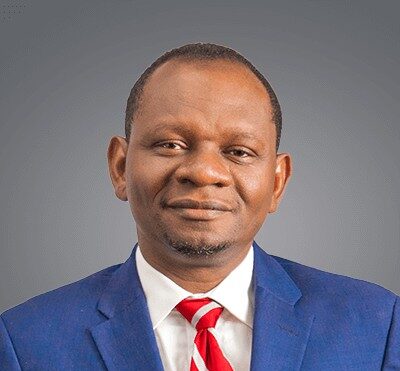
The National Primary Health Care Development Agency (NPHCDA) has introduced a new funding model and enhanced oversight mechanisms to revitalise Primary Health Care (PHC) Centres across Nigeria.
Executive director of NPHCDA, Dr. Muyi Aina announced this on Wednesday during the Joint Annual Review (JAR) meeting in Abuja, a platform that evaluates health sector progress with a focus on the effectiveness of the sector-wide approach (SWAp).
Science Nigeria reports that JAR provides an essential forum for aligning efforts among stakeholders to enhance health outcomes for all Nigerians.
During the launch of the Basic Health Care Provision Fund (BHCPF 2.0), Aina highlighted that the reforms are aimed at addressing longstanding issues of inadequate funding, mismanagement and inefficiency within Nigeria’s PHC system.
“These reforms focus on improving healthcare access, optimizing resource usage and strengthening accountability at the local government level,” he explained.
Aina stated that BHCPF 2.0 introduces a performance-based funding structure with direct allocations to PHCs, alongside strict oversight to reduce waste and corruption.
“For the first time, local governments will play a significant role in the allocation and monitoring of funds, ensuring resources reach where they are most needed,” he added.
The BHCPF 2.0 initiative is designed to bridge gaps in essential health services, including maternal and child health, immunisation and treatment for common diseases like malaria and tuberculosis.
The model also integrates digital technologies to enhance data collection, reporting and transparency.
“A key aspect is the establishment of an independent oversight committee to ensure accountability at the grassroots level,” he said.
The BHCPF 2.0 reforms are part of Nigeria’s ongoing efforts to improve healthcare access in underserved communities through public-private sector collaboration.
Chief of Party for USAID’s Local Health System Sustainability Project, Dr. Bolanle Olusola-Faleye noted that the success of this initiative will depend on effective local-level implementation.
“If communities are engaged and monitoring is robust, this funding model could transform Nigeria’s healthcare system,” Olusola-Faleye said, stressing that continuous training for healthcare workers will be essential to maximise the reforms’ impact.
With this new approach, Nigeria aims to make significant strides towards Universal Health Coverage (UHC) and improved health outcomes, particularly in rural and underserved areas.
At the launch, several local and international stakeholders, including donors and civil society organisations, commended the approach and emphasised the importance of community engagement in implementation.

